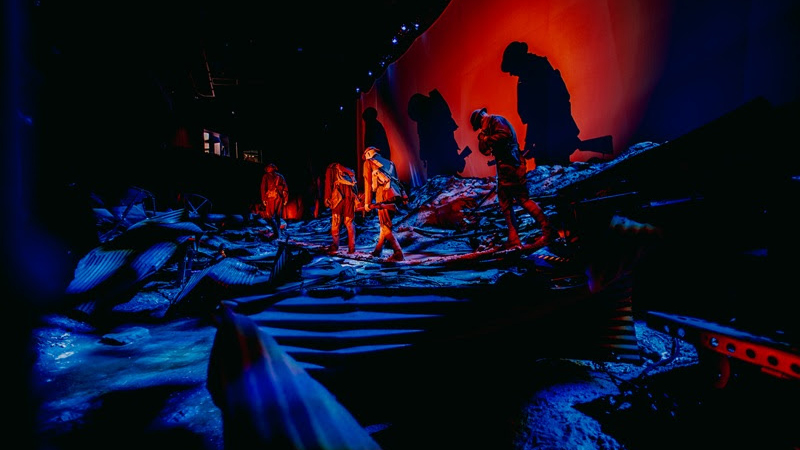Listen Technologies Supports Consumer Education on Hearing Aids
Add us as a preferred source on Google
Get the AVNetwork Newsletter
A daily selection of features, industry news, and analysis for AV/IT professionals. Sign up below.
By submitting your information you agree to the Terms & Conditions and Privacy Policy and are aged 16 or over.
You are now subscribed
Your newsletter sign-up was successful
An account already exists for this email address, please log in.
Subscribe to our newsletter
- Listen Technologies Corporation recently lent their support for the bill HB112, which passed in the Utah State House of Representatives and became effective on May 12, 2015. The bill “modifies the requirements for practicing as an audiologist or as a hearing instrument specialist”; and it “requires a licensed audiologist or a licensed hearing instrument specialist to inform each patient about hearing instruments that work with assistive listening systems when offering to sell the patient a hearing instrument.” Similar measures have passed in New York, Rhode Island, Arizona and Florida.
- As a longtime advocate of the right of consumers to know that assistive listening is mandatory in many public venues, Listen Technologies supported the bill as it helps to educate consumers about assistive listening systems at the initial discussion regarding the selection of the hearing aids. This timing makes it optimal for the audiologist/hearing aid dispenser to recommend and order the correct product.
- Cory Schaeffer, Listen Technologies vice president of business development, said, “Audiologists and hearing specialists are the most qualified to provide appropriate counseling regarding all technology available in hearing aids. For example, it is important for the patient to understand that a t-coil option is available and how it can interface to the ‘sound system’ within public venues. It needs to be explained to the patient that the t-coil is universal technology when connecting to public venue accommodations including hearing loops, IR and FM systems. This bill makes that counseling a matter of policy.”
- Listen Technologies considers hearing loss a public health concern. “The ADA requires public facilities to have assistive listening systems for people with hearing loss,” added Schaeffer. “More work is needed for patients/consumers to be educated on the various options related to public access.”
- Most venues put in assistive listening technology per the ADA requirements; however, many who need assistive listening are not aware that technology is in the venue to help them, so often they do not ask. This bill helps audiologists and hearing aid dispensers own the responsibility of educating their patients on how their hearing instruments interface with the equipment that is already in the venue.
- Schaeffer noted, “The most common complaint from those with hearing aids is that they work well in quiet environments or in close proximity; however, when they are in a venue it’s extremely challenging to hear. We need audiologists to be actively engaged in educating their patients on all available technology, not just trendy technology, and empowering their patients with the confidence to engage in public activities despite their hearing loss. This bill moves us closer to informing people who require hearing aids or implantable devices to receive additional education so that they can make an informed decision regarding their hearing and the device they select. Hearing aids are expensive, and the patient only has 30 days to return the device. We know that when hearing aid users use the t-coil with assistive listening systems in venues, they typically have a great experience. We simply need to fill the gap that exists between the venue technology and the hearing aid user and this bill is another small step towards filling that gap.”
Get the AVTechnology Newsletter
A daily selection of features, industry news, and analysis for AV/IT professionals. Sign up below.
TOPICS
The staff of Systems Contractor News serves the AV integration industry with thorough news analysis, trend reports, and the latest product and technology information—delivered to an audience of decision-makers.
MORE FROM AVNETWORK...
